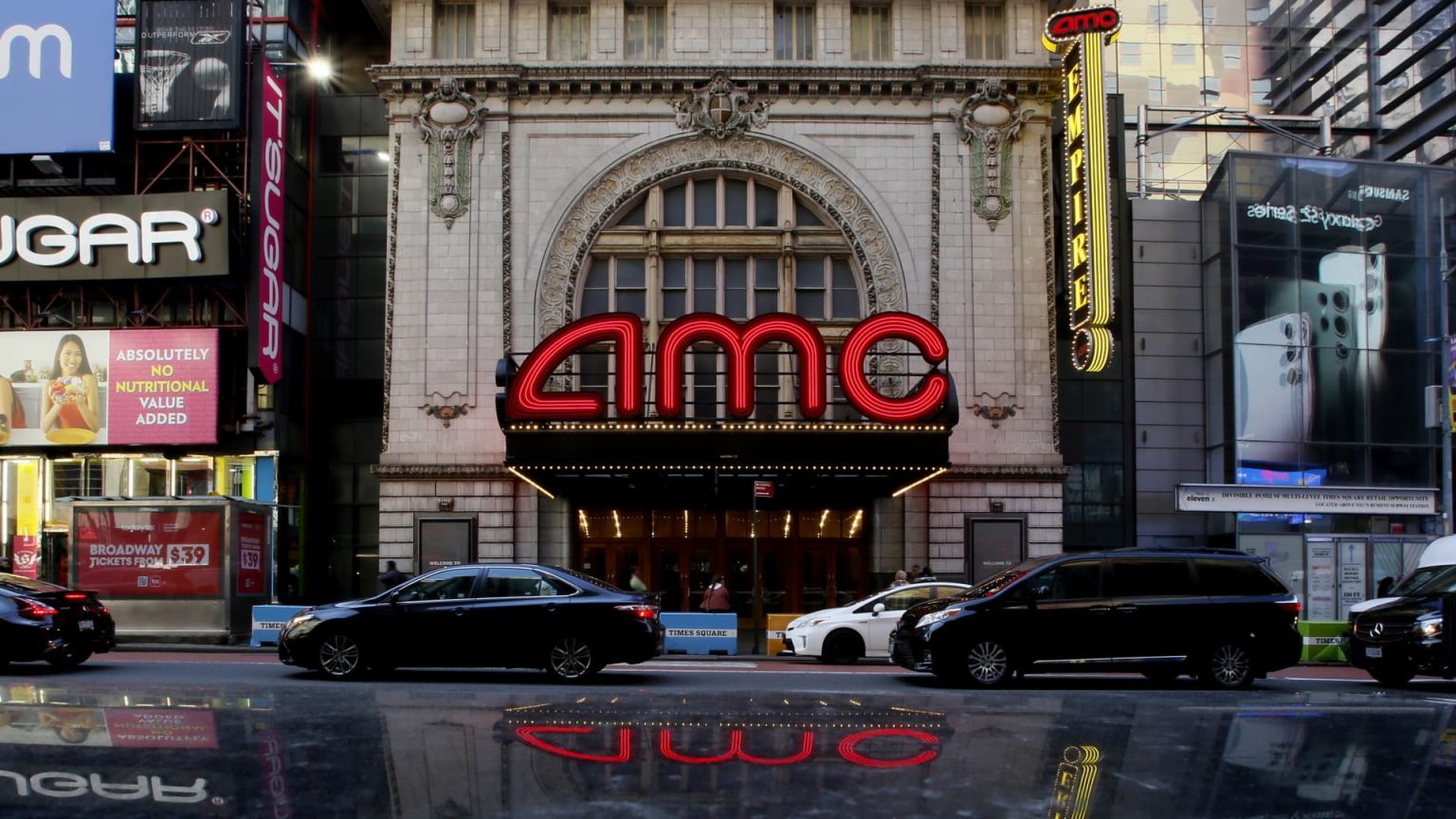AMC Entertainment recently saw a surge in its stock price, following a similar pattern to GameStop, after the return of Keith Gill, also known as “Roaring Kitty,” who inspired a massive short squeeze in 2021. This surge in stock price has given the movie theater chain an opportunity to reduce its significant debt load. CEO Adam Aron had made several major acquisitions after taking over the company in 2015, which expanded AMC’s theater network, but also increased its debt. Despite paying down nearly $1 billion of debt since the beginning of 2022, around $4.6 billion still remains, with a significant portion due in 2026.
Wedbush analyst Alicia Reese believes that AMC will be able to renegotiate some of its debt, but a significant amount will likely need to have its maturity extended. Lenders have been open to renegotiating terms, but a higher share price could allow AMC to secure better deals. Currently, AMC pays around $100 million in interest expenses every quarter, which is impacting potential profits. With the box office still recovering from pandemic-related shutdowns, the company has struggled to absorb fixed expenses such as rent and employee payroll.
In response to the recent surge in its stock price, AMC raised $250 million in new equity capital through a sale of 72.5 million shares. The majority of the stock was sold before the stock price jump and was completed just as the meme stock craze was reignited. Analyst James Goss of Barrington Research sees this as an opportunity for AMC to raise funds that can support liquidity and debt reduction, potentially gaining institutional support. This new equity capital could help to strengthen AMC’s balance sheet and reduce its debt load.
Eric Handler of Roth MKM pointed out that when the pandemic hit, AMC faced a double whammy due to its already high leverage and the need to raise additional debt to survive. Despite the challenges, AMC was able to avoid bankruptcy when retail investors rallied around the stock and sparked a surge in its price. The company has since focused on paying down debt, but still faces significant payments due in the coming years. Analyst Eric Wold of B. Riley Securities emphasized the importance of leveraging the current surge in the stock price to bolster AMC’s balance sheet and address its long-term debt obligations.
Overall, the recent surge in AMC’s stock price presents an opportunity for the company to strengthen its financial position and address its substantial debt load. By raising new equity capital and potentially renegotiating debt terms, AMC could improve its liquidity and reduce interest expenses, ultimately positioning the company for long-term success. With the support of retail investors and potential institutional backing, AMC may be able to capitalize on the current meme stock craze and secure a more stable financial future.


